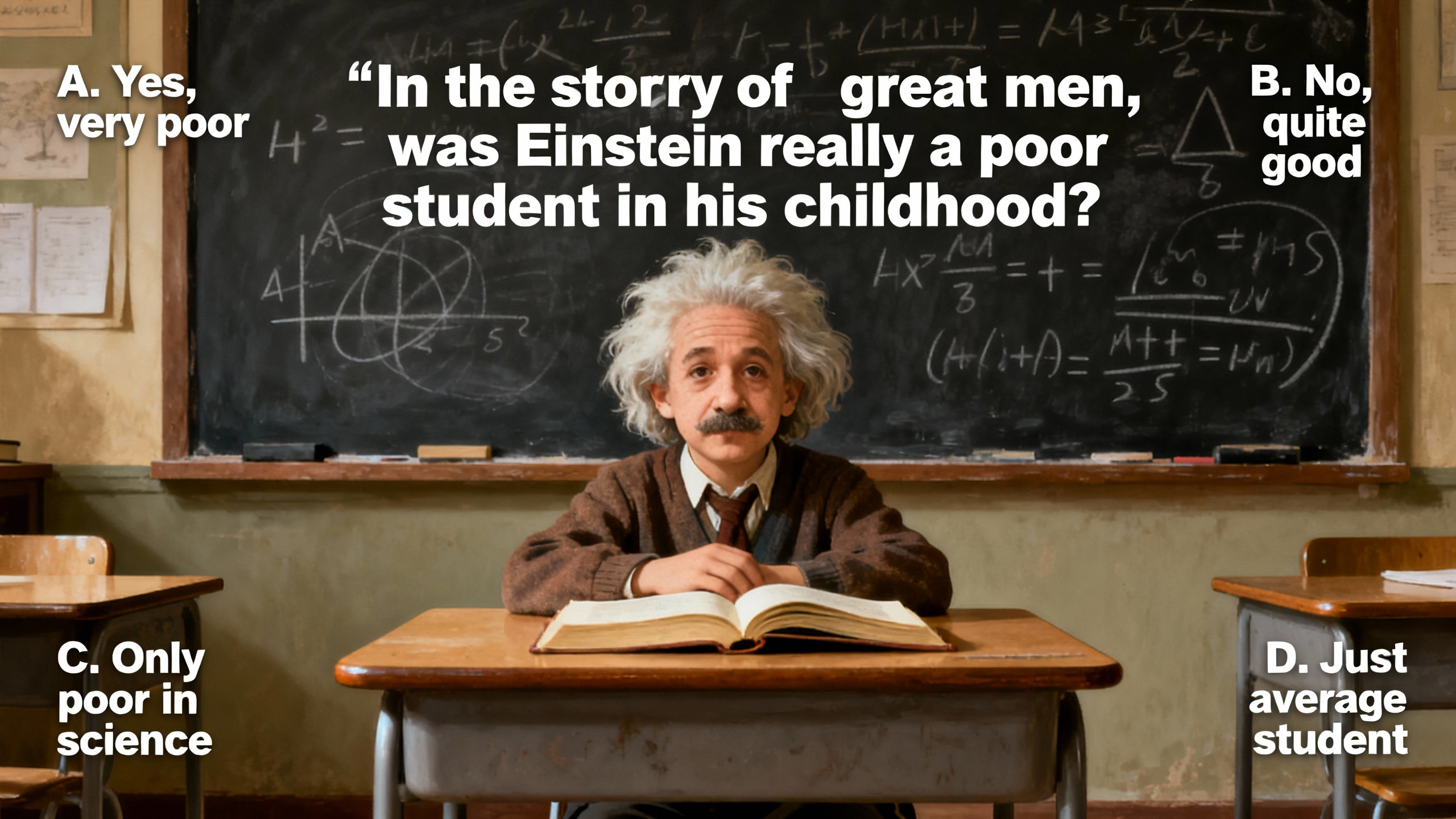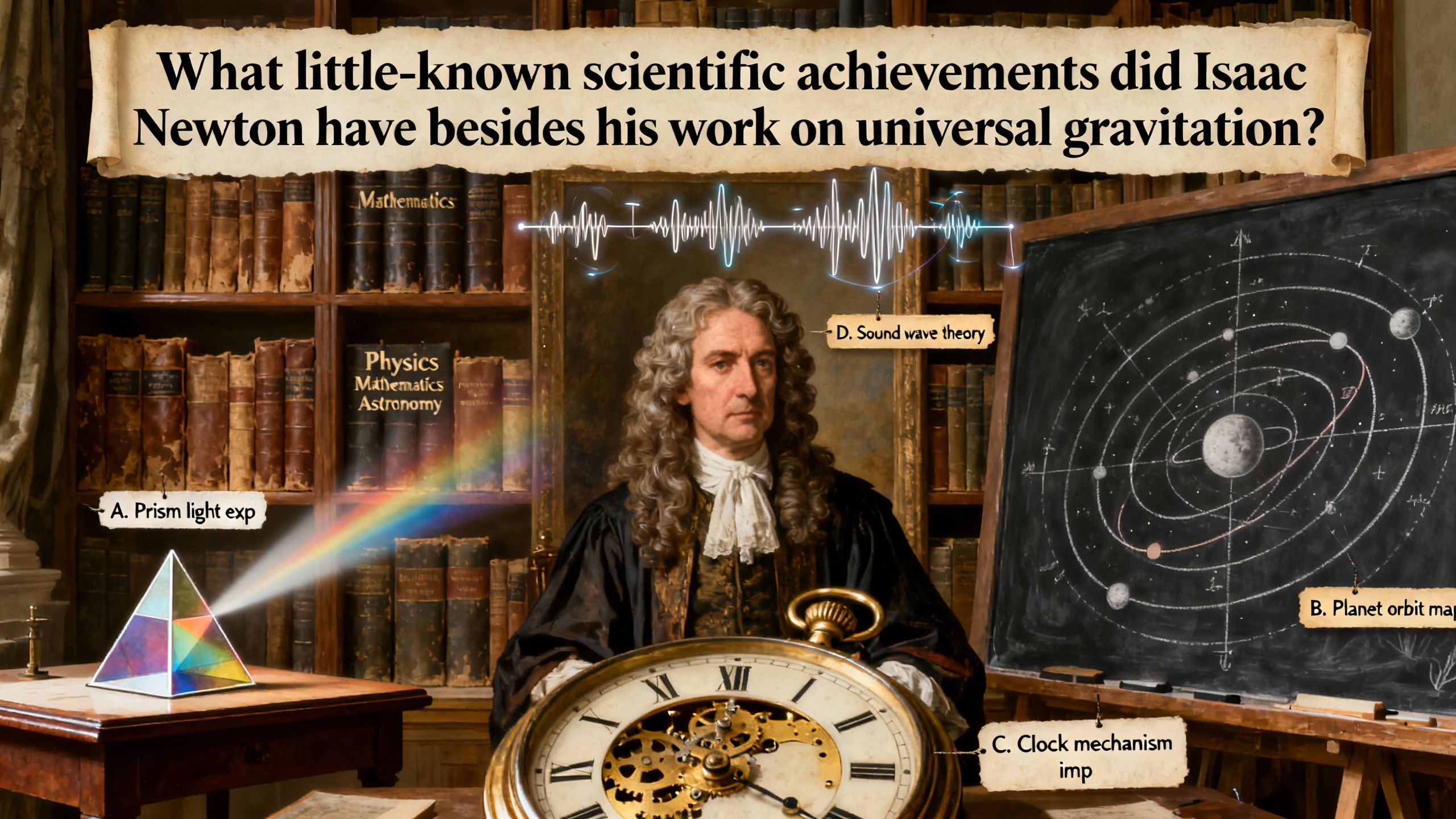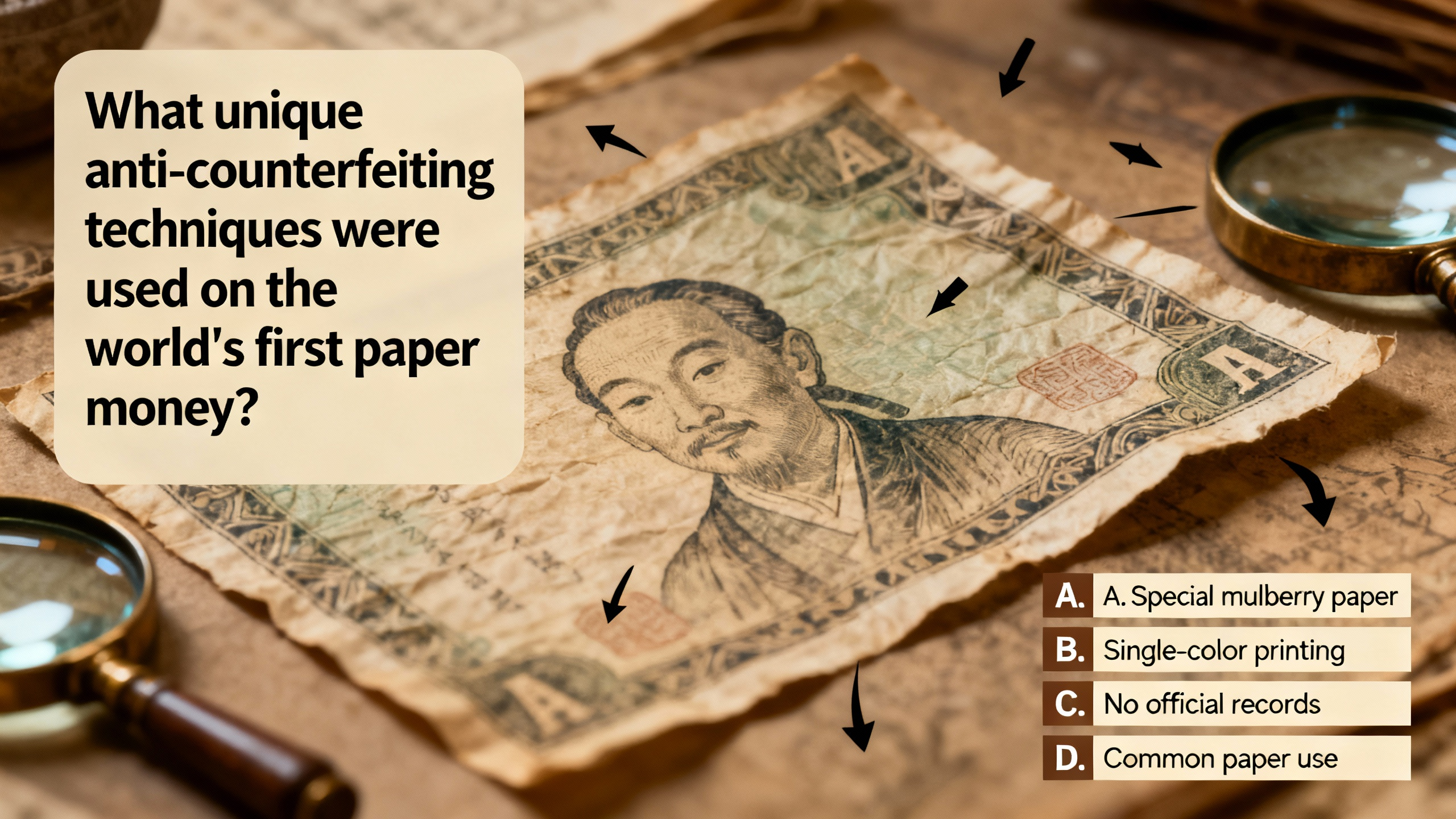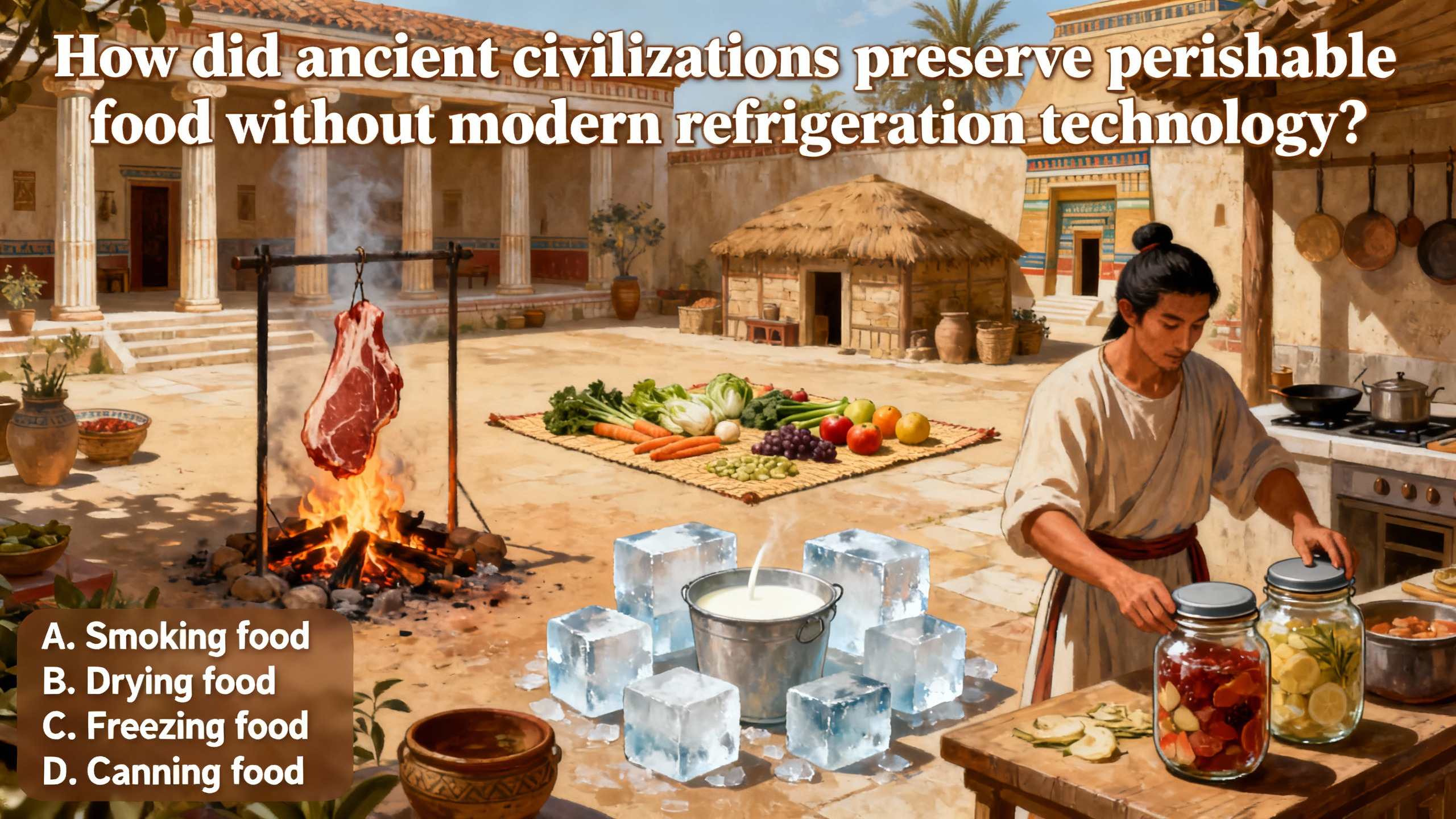The Myth of Einstein as a Poor Student
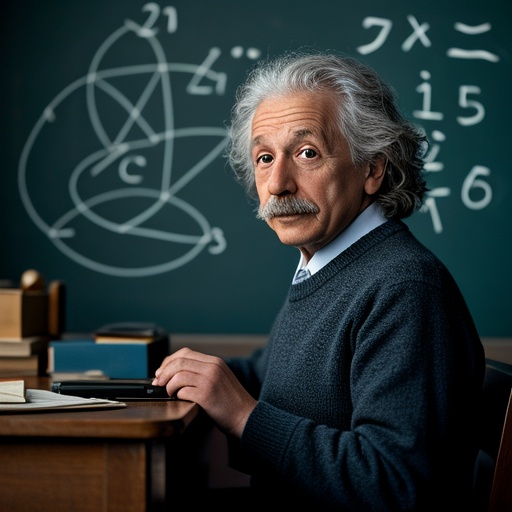 The popular belief that Albert Einstein was a poor student in his childhood is a widespread myth that has persisted over the years. This misconception has been perpetuated through various anecdotes and stories, often used to inspire those who may be struggling academically. However, a closer look at Einstein's early life reveals a very different picture. In fact, Einstein showed remarkable intellectual abilities from a young age, especially in mathematics and physics. These subjects were like magnets to him, drawing him in with their complex problems and elegant solutions.
The popular belief that Albert Einstein was a poor student in his childhood is a widespread myth that has persisted over the years. This misconception has been perpetuated through various anecdotes and stories, often used to inspire those who may be struggling academically. However, a closer look at Einstein's early life reveals a very different picture. In fact, Einstein showed remarkable intellectual abilities from a young age, especially in mathematics and physics. These subjects were like magnets to him, drawing him in with their complex problems and elegant solutions.
Einstein's early fascination with the natural world was evident in his everyday life. As a child, he would often take apart mechanical toys to see how they worked, showing a natural curiosity and a desire to understand the inner workings of things. This inquisitiveness was not just a passing phase but a fundamental part of his personality that would later drive his scientific pursuits. His family also played a role in nurturing his interests. His father, Hermann Einstein, was an electrical engineer, and his mother, Pauline Koch, was a talented pianist. Their influence exposed young Albert to both the practical applications of science and the beauty of art, creating a well - rounded environment for his development.
 Einstein began teaching himself advanced mathematics at the age of 12. This was an extraordinary feat for a child of his age. He mastered Euclidean geometry within a short period and was deeply fascinated by the logical structure of the subject. Euclidean geometry, with its axioms and theorems, provided a framework for him to think logically and solve problems systematically. It was like a puzzle that he was eager to piece together. For example, he would spend hours proving geometric theorems on his own, not because he was forced to but because he found joy in the process of discovery.
Einstein began teaching himself advanced mathematics at the age of 12. This was an extraordinary feat for a child of his age. He mastered Euclidean geometry within a short period and was deeply fascinated by the logical structure of the subject. Euclidean geometry, with its axioms and theorems, provided a framework for him to think logically and solve problems systematically. It was like a puzzle that he was eager to piece together. For example, he would spend hours proving geometric theorems on his own, not because he was forced to but because he found joy in the process of discovery.
His early exposure to scientific concepts and mathematical principles laid a solid foundation for his future achievements. At the age of 16, he even wrote a paper on the concept of the magnetic field of an electromagnetic coil. This paper was not just a simple school assignment but a serious exploration of a complex scientific topic. It showed that Einstein was already thinking at a level far beyond his years. He was able to apply the mathematical knowledge he had learned to a real - world scientific problem, demonstrating his ability to connect theory with practice. This early work also foreshadowed his later contributions to the field of electromagnetism, which would become a cornerstone of modern physics.
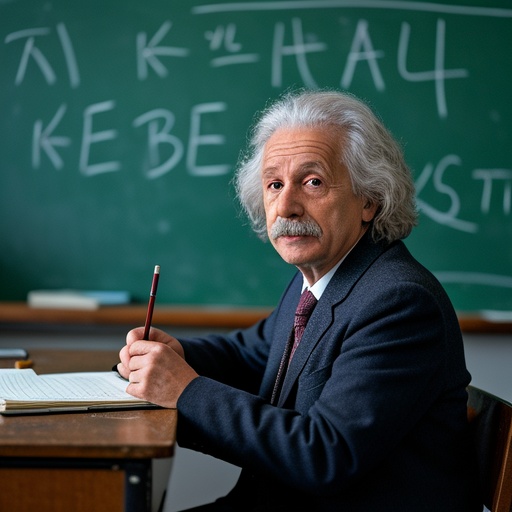 However, Einstein did face some difficulties in the traditional school setting. He was often critical of the rote - learning methods used in schools, which emphasized memorization rather than understanding. In a traditional classroom, students were expected to memorize facts and formulas without necessarily grasping the underlying concepts. This approach was completely at odds with Einstein's way of learning. He believed that true understanding came from questioning, exploring, and making connections. For instance, when it came to learning history, he found it boring to simply memorize dates and events. Instead, he wanted to understand the causes and effects, the social and political contexts that shaped history.
However, Einstein did face some difficulties in the traditional school setting. He was often critical of the rote - learning methods used in schools, which emphasized memorization rather than understanding. In a traditional classroom, students were expected to memorize facts and formulas without necessarily grasping the underlying concepts. This approach was completely at odds with Einstein's way of learning. He believed that true understanding came from questioning, exploring, and making connections. For instance, when it came to learning history, he found it boring to simply memorize dates and events. Instead, he wanted to understand the causes and effects, the social and political contexts that shaped history.
This led to some conflicts with his teachers. At the Luitpold Gymnasium, his teachers found him rebellious because he refused to conform to the strict and authoritarian teaching style. The school had a rigid curriculum and a hierarchical structure, where students were expected to follow the rules without question. Einstein, on the other hand, was a free thinker who was not afraid to challenge authority. He would often engage in debates with his teachers, arguing for a more progressive and student - centered approach to education. His lack of interest in non - scientific subjects also affected his overall academic performance in a way that might have seemed mediocre. Subjects like languages and literature did not hold his attention as much as science and math. But this was not due to a lack of intelligence; rather, it was his strong preference for scientific and mathematical exploration.
It's important to note that Einstein's non - conformity was not just a personal quirk but a reflection of his broader philosophical stance on education. He believed that education should be a means of fostering creativity and independent thinking, rather than simply producing compliant students. He once said, "It is a miracle that curiosity survives formal education." This statement shows his frustration with the educational system of his time and his belief in the importance of nurturing the natural curiosity of students.
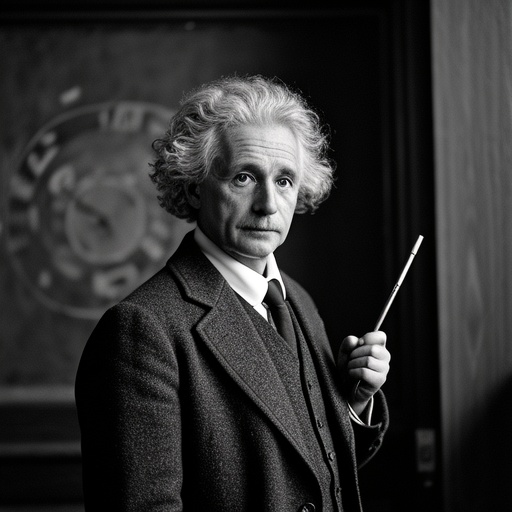 In conclusion, the idea that Einstein was an underachiever in his childhood is inaccurate. His early self - study and deep understanding of scientific and mathematical concepts clearly demonstrate his high intelligence and potential. The perception of him as a poor student likely stems from his non - conformity in the traditional educational environment rather than his actual academic capabilities. His story serves as an important reminder that intelligence and academic success are not always measured by traditional standards. There are many different ways of learning and thinking, and sometimes, those who deviate from the norm are the ones who make the most significant contributions to society.
In conclusion, the idea that Einstein was an underachiever in his childhood is inaccurate. His early self - study and deep understanding of scientific and mathematical concepts clearly demonstrate his high intelligence and potential. The perception of him as a poor student likely stems from his non - conformity in the traditional educational environment rather than his actual academic capabilities. His story serves as an important reminder that intelligence and academic success are not always measured by traditional standards. There are many different ways of learning and thinking, and sometimes, those who deviate from the norm are the ones who make the most significant contributions to society.
Today, educators around the world are starting to recognize the importance of Einstein's approach to learning. They are moving away from rote - learning methods and towards more student - centered, inquiry - based approaches. This shift is inspired in part by Einstein's example, showing that his ideas about education are still relevant and influential more than a century after his childhood. As we continue to educate the next generation of thinkers and innovators, we can look to Einstein's early life as a source of inspiration and a model for how to foster creativity and critical thinking in students.
